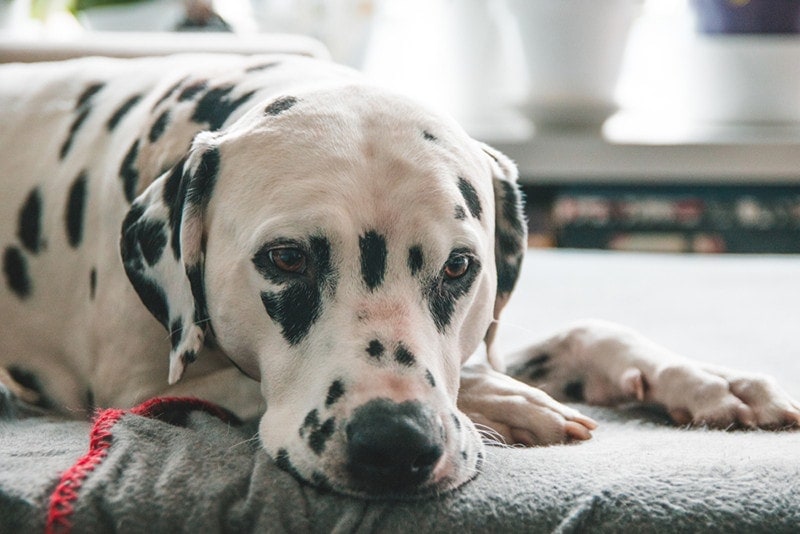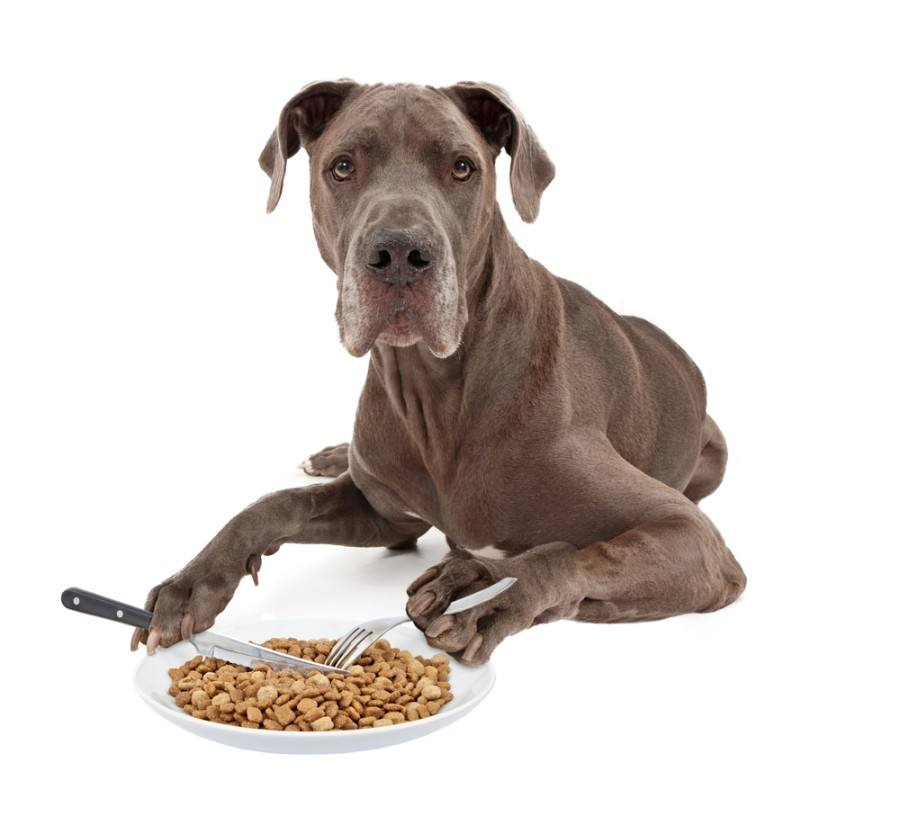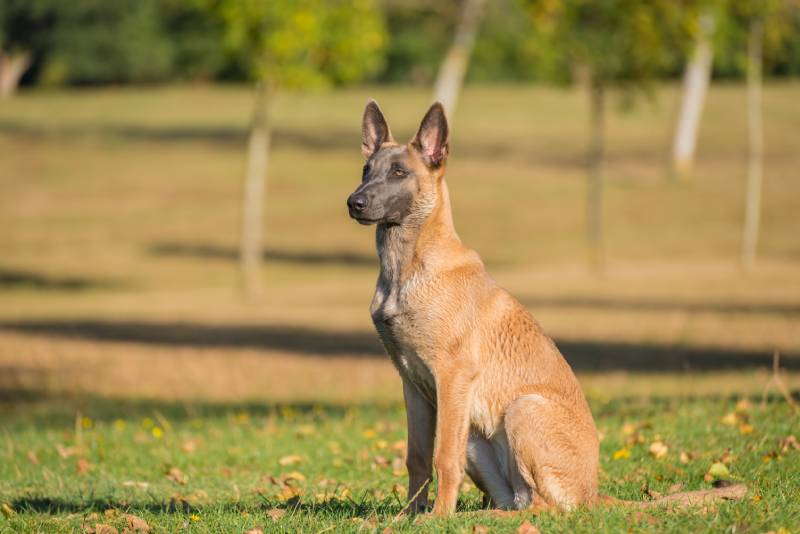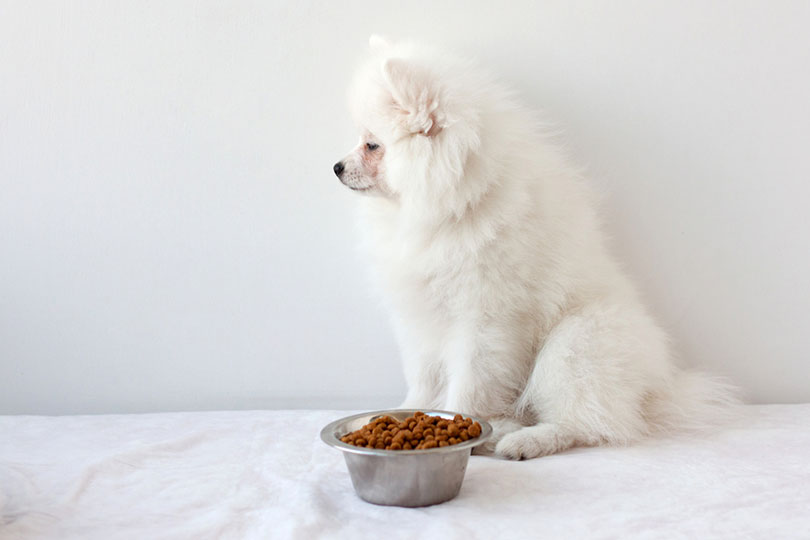Can Dogs Eat Buckwheat? Vet-Reviewed Facts & FAQ
Updated on

Click to Skip Ahead
When it comes to caring for our beloved canines, providing the best nutrition is one of the most important ways we can ensure their health. That’s why we need to be cautious when selecting appropriate foods for our furry friends.
Buckwheat, a grain-like seed, has become extremely popular as an addition to the human diet, but is this seed suitable for canines? Dogs should not eat buckwheat, as there is a potential risk of toxicity.
Read on for more information on buckwheat, including what it is and how it affects dogs.
What Is Buckwheat?
Buckwheat is a flowering plant that produces grain-like seeds. Despite its name, buckwheat has nothing to do with actual wheat, meaning this plant is entirely gluten free, which is one of the reasons for its increasing popularity amongst humans. Another is that buckwheat is rich in antioxidants, which are extremely beneficial for protecting cells against oxidative damage.

Buckwheat Nutritional Value
When compared with plain wheat flour, buckwheat flour contains similar amounts of calories and carbohydrates, slightly less protein, and almost four times the amount of fiber. It also provides 50% more calcium than plain flour.
| Buckwheat Flour
(100g) |
Plain (wheat) Flour
(100g) |
|
| Calories | 334 kcal | 367 kcal |
| Carbohydrates | 75g | 73.2g |
| Moisture | 12g | 11.7g |
| Protein | 8.88g | 13.1g |
| Sugar | 0g | 0g |
| Fiber | 10.4g | 2.7g |
| Fat | 2.48g | 1.48g |
| Calcium | 31mg | 21mg |
Should Dogs Eat Buckwheat? Is It Safe for Them?
Given the potential benefits of eating buckwheat for humans, it would be easy to assume that our dogs could also benefit from including it in their diet. Although there are a lot of instances where dogs have safely been fed buckwheat, there is enough information about its known, and potential, toxic effects to place it on the “foods to avoid” list.
Buckwheat contains a substance called Fagopyrin, which causes photosensitization in animals that eat the plant, however, there is no evidence to suggest that eating the grain will cause the same effects. Although photosensitivity from eating buckwheat is more commonly seen in grazing livestock, if dogs do ingest the plant, they can become vulnerable to severe sun damage, causing burns, ulcers and necrosis of their skin and mucous membranes.
The other issue associated with buckwheat is that there are multiple varieties used around the world, and some have been linked to a high incidence of liver disease in dogs. Although studies in this area are limited, the possibility that buckwheat could cause liver damage in dogs means that we would advise keeping it off your pet’s menu for now.

Signs of Buckwheat Toxicity in Dogs
Dogs that eat the buckwheat plant may experience photosensitization, meaning their skin will be the main thing affected. Common signs include:
- Discomfort and agitation when exposed to sunlight
- Scratching or rubbing the skin areas that are exposed to sunlight or have little pigment
- Red, swollen, crusting lesions, particularly on the head, ears, and lips.
Buckwheat grain contains only trace amounts of fagopyrin, so it is unlikely that eating this will cause photosensitization, but there is a possible risk of liver damage.
In dogs experiencing hepatotoxicity (liver poisoning), the signs would be consistent with any other liver damage, but the presentation may be chronic or acute, depending on how much buckwheat they have eaten, over what period of time. Signs of hepatotoxicity may include:
- Vomiting
- Inappetence
- Diarrhea
- Jaundice (yellow skin, gums, eyes)
- Bright yellow urine
Conclusion
Although the inclusion of grains and cereals can be beneficial, there is enough uncertainty surrounding the potential toxic effects of certain varieties of buckwheat for us to advise against feeding it to your dog.
We know that eating the buckwheat plant can result in serious skin damage due to fagopyrins causing photosensitization, but these effects are unlikely to be seen when eating the grains. However, there are studies linking at least one buckwheat grain to an increase in liver disease in dogs, so this needs further investigation.
There are many safe alternatives available if you are looking to add some grains to your dog’s diet, so for now, we would advise keeping buckwheat off their menu.
Featured Image Credit: JumpStory













